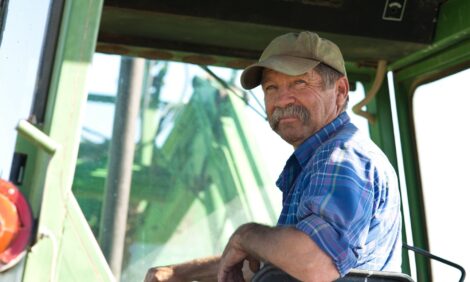



Meat Storage, Transport Temperatures Can be More Flexible
EU - The European Food Safety Authority recently researched ways to ensure safety of meat products during transport.EFSA assessed the impact of time and temperature on the growth of spoilage bacteria in fresh beef, pork, lamb and poultry.
Its experts used predictive models to compare the growth of spoilage bacteria with the growth of disease-causing (pathogenic) bacteria and concluded that spoilage bacteria grow faster under the same conditions.
EFSA had previously advised on the implications for meat safety if these two parameters – time and temperature – varied and provided several scenarios for ensuring safety of meat during storage and transport of meat.
The Commission subsequently asked EFSA to consider what implications such scenarios would have for the growth of bacteria that cause meat to spoil.
“If the sole consideration was safety, policy makers would have more options on the table to pick from. However, scenarios that are acceptable in terms of safety may not be acceptable in terms of quality,” said Dr Marta Hugas, Head of EFSA’s Biological Hazards and Contaminants unit.
Current legislation requires that carcasses are chilled to no more than 7°C and that this temperature is maintained until mincing. The European Commission wants to revise this legislation to provide industry with more flexibility and EFSA’s research showed that meats could be safely stored at a wider range of chilling temperatures.
Experts also said that effective hygienic measures during slaughter and processing help control contamination with spoilage bacteria.
TheCattleSite News Desk


